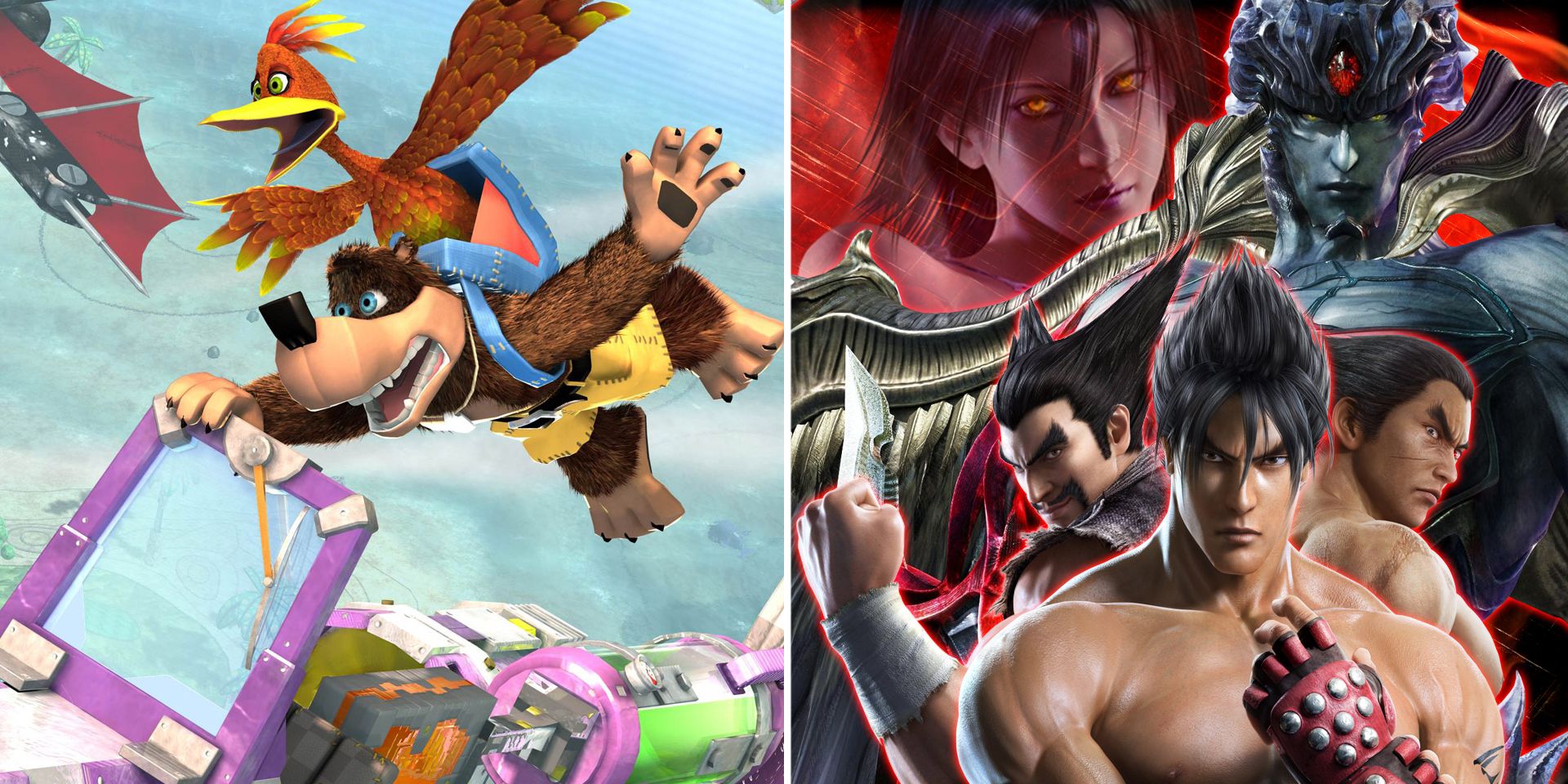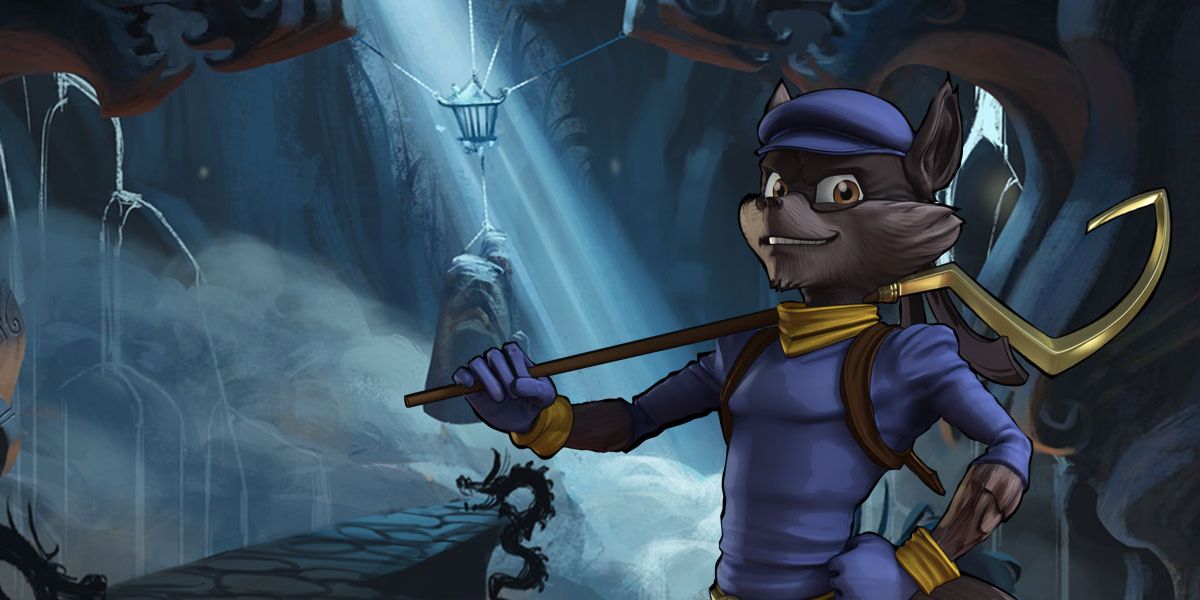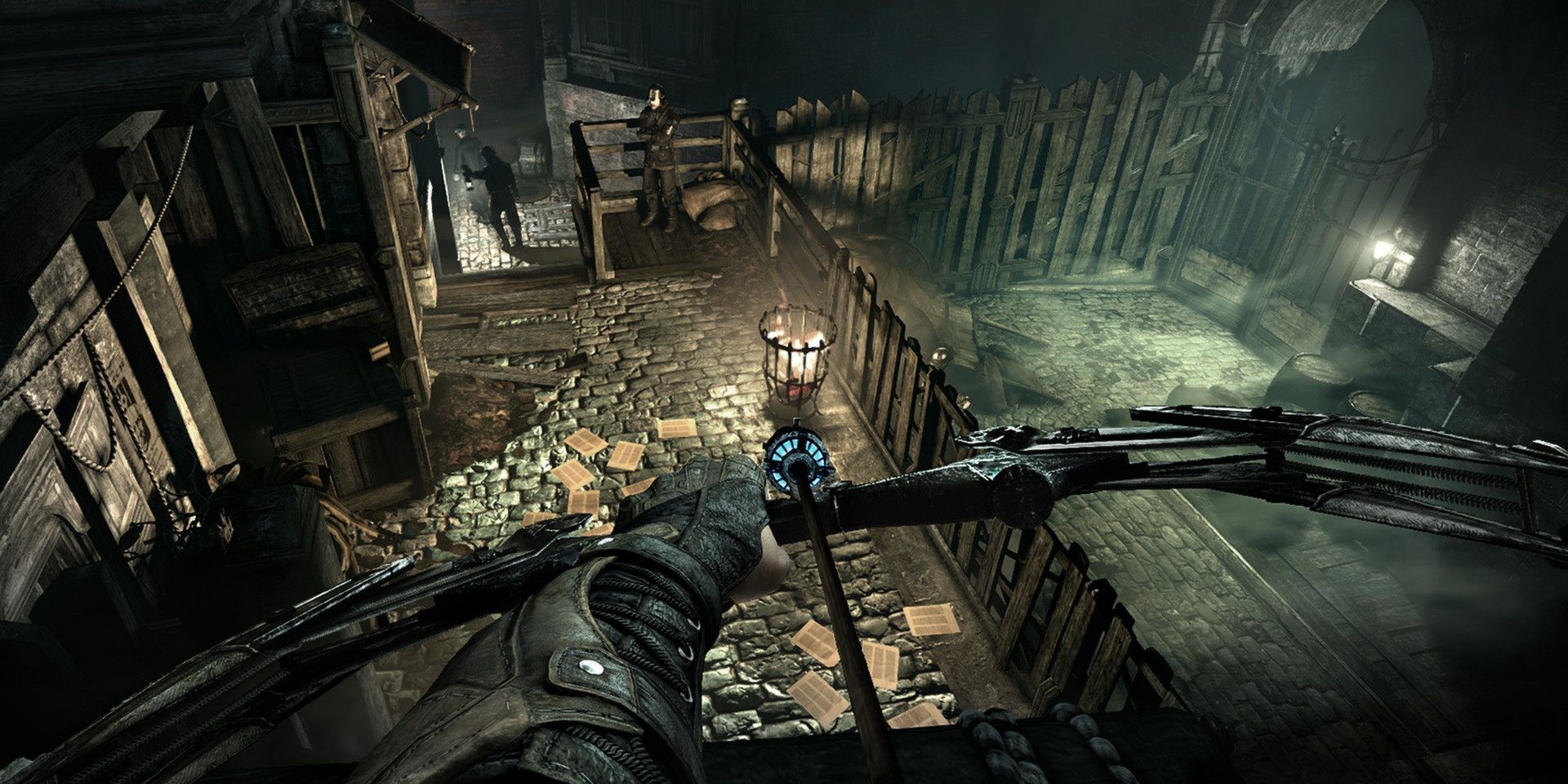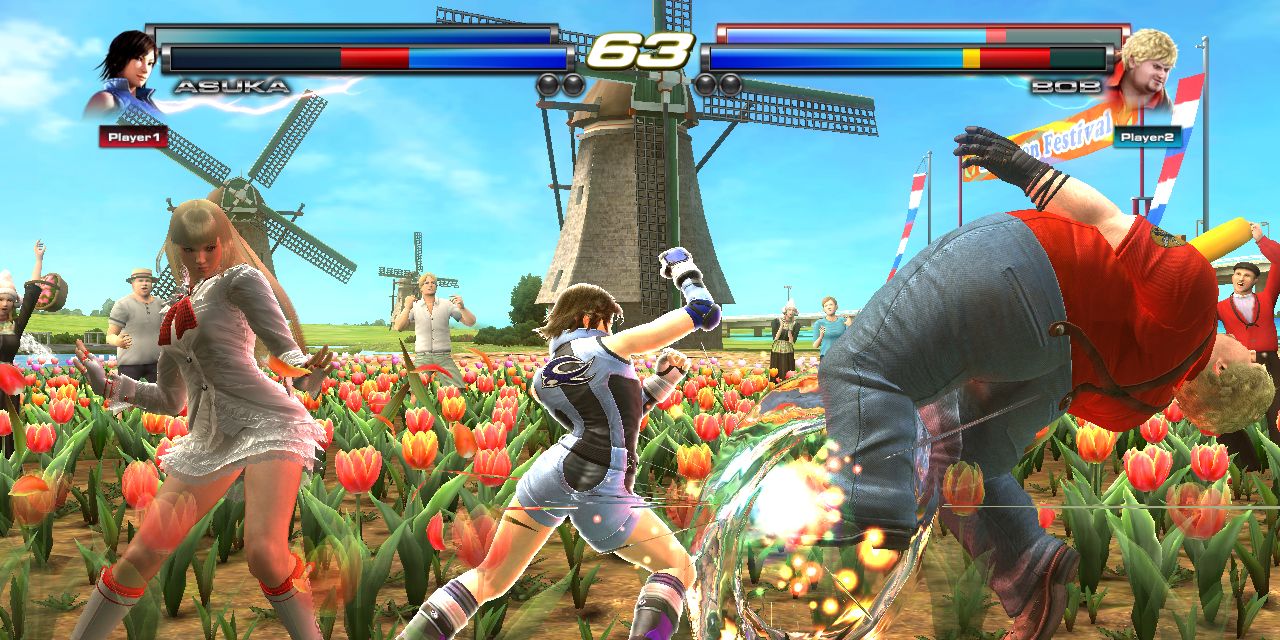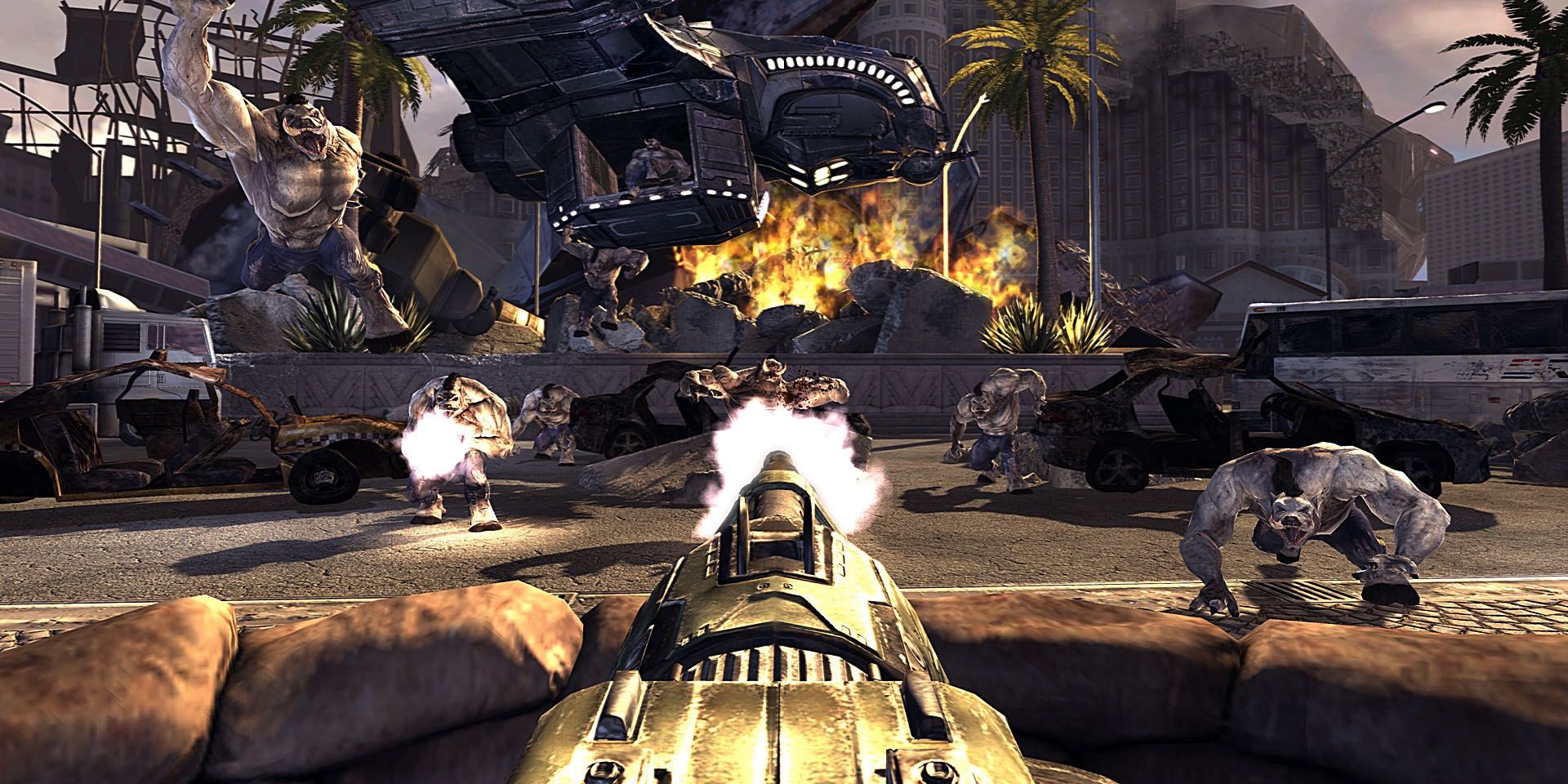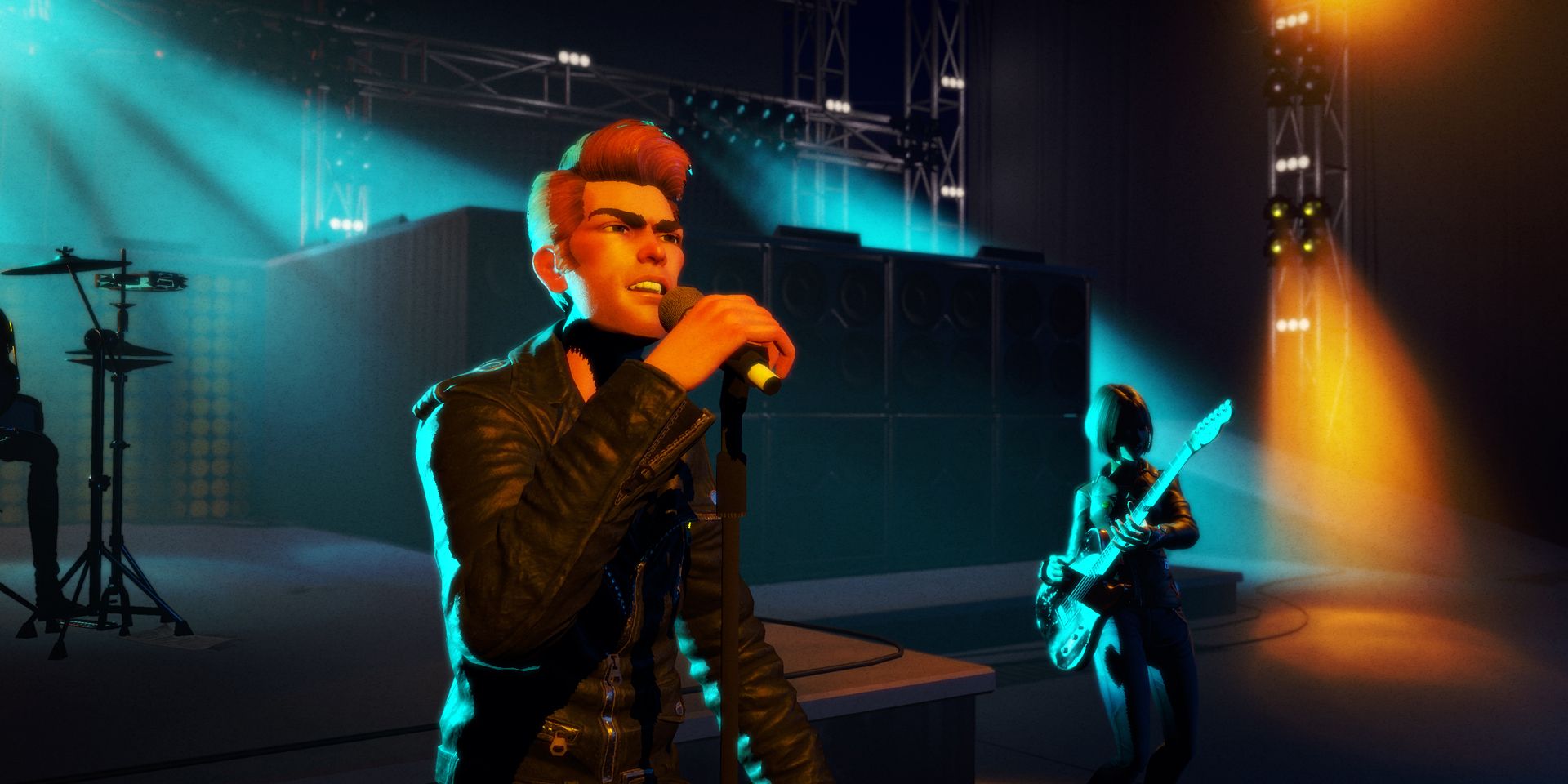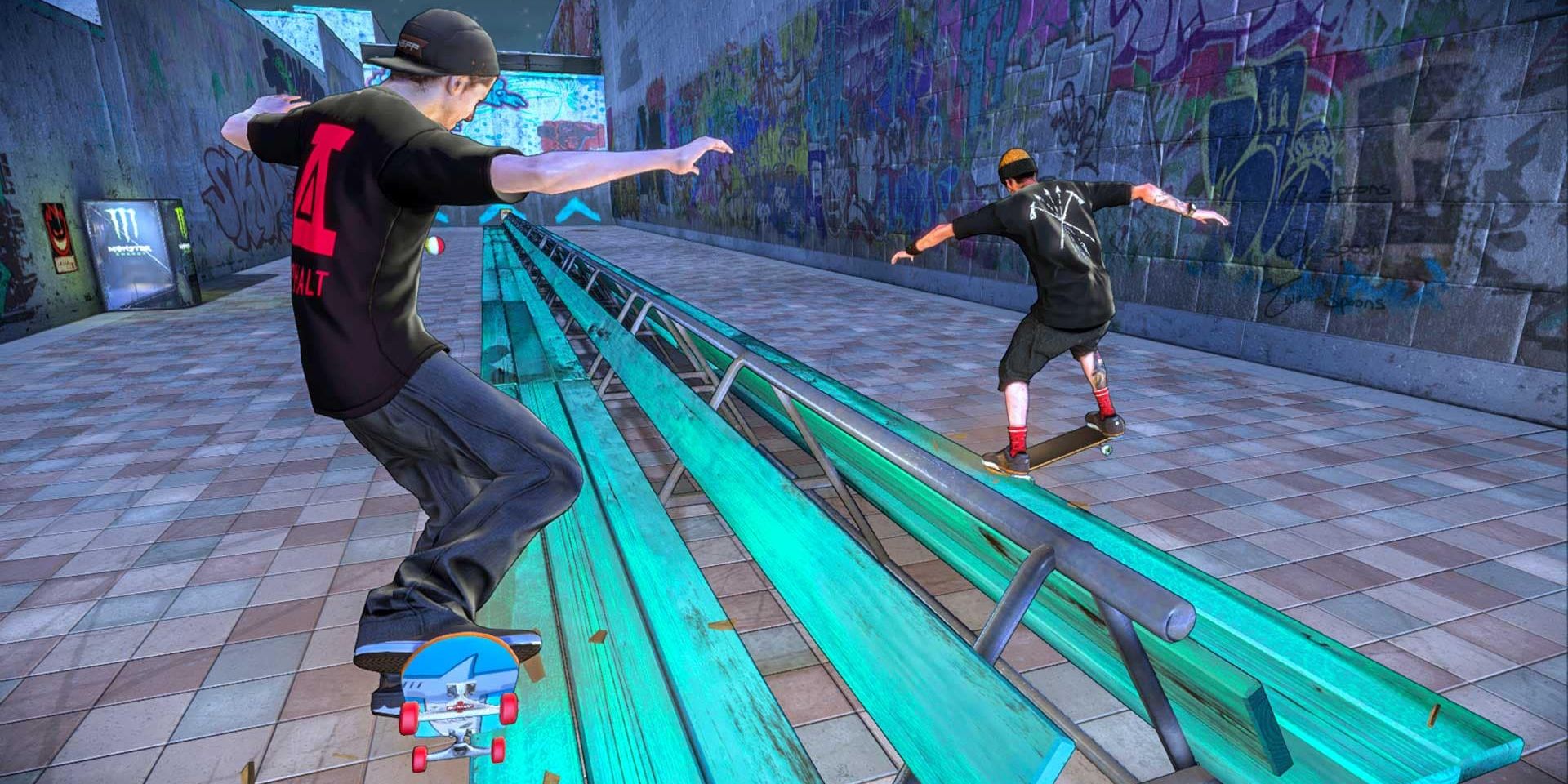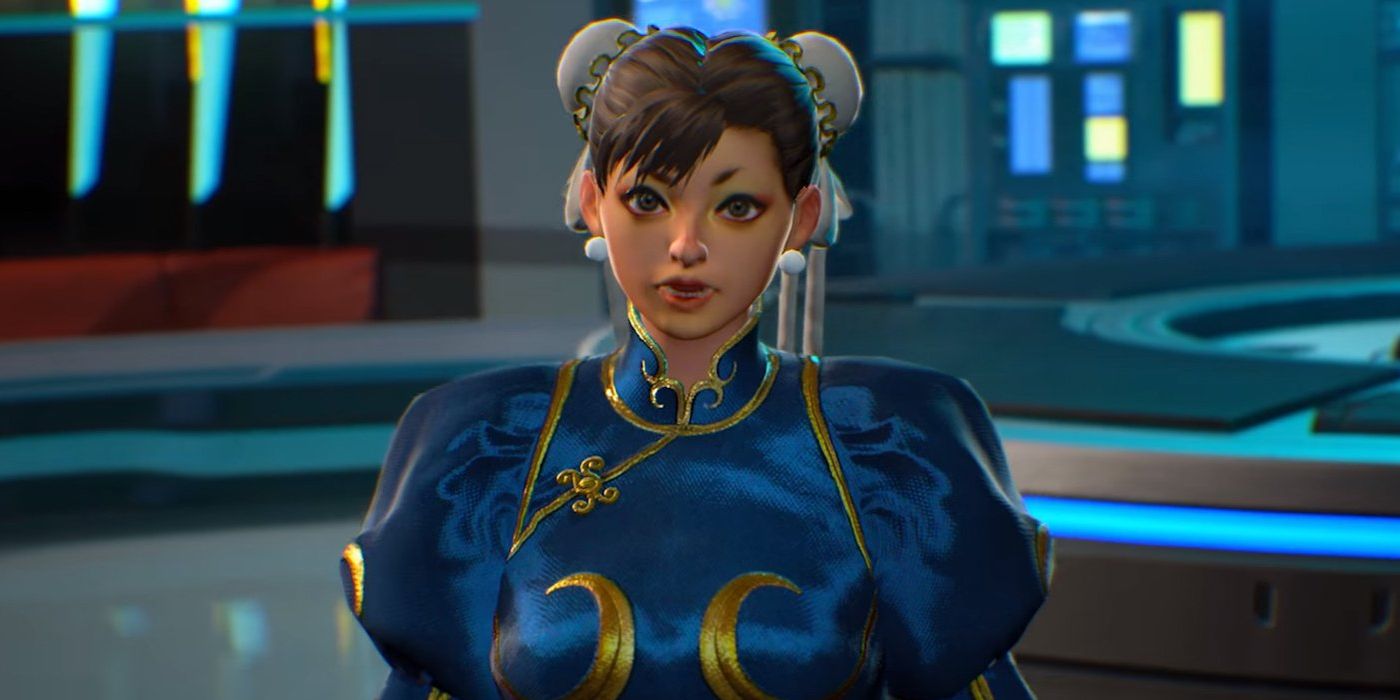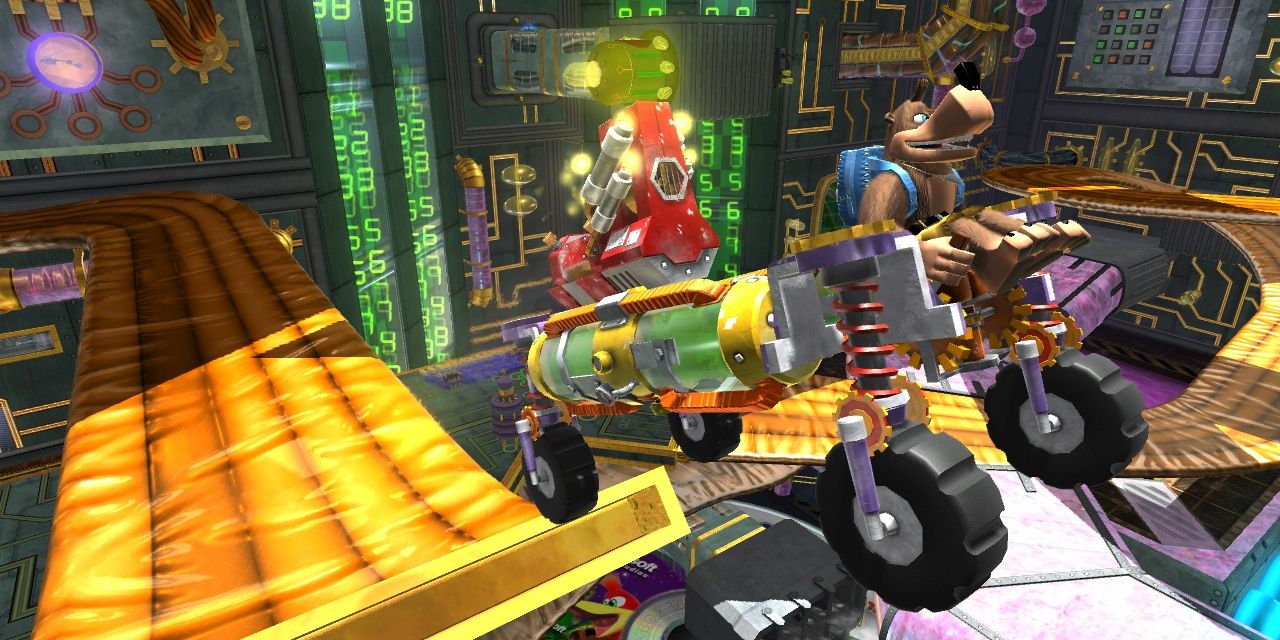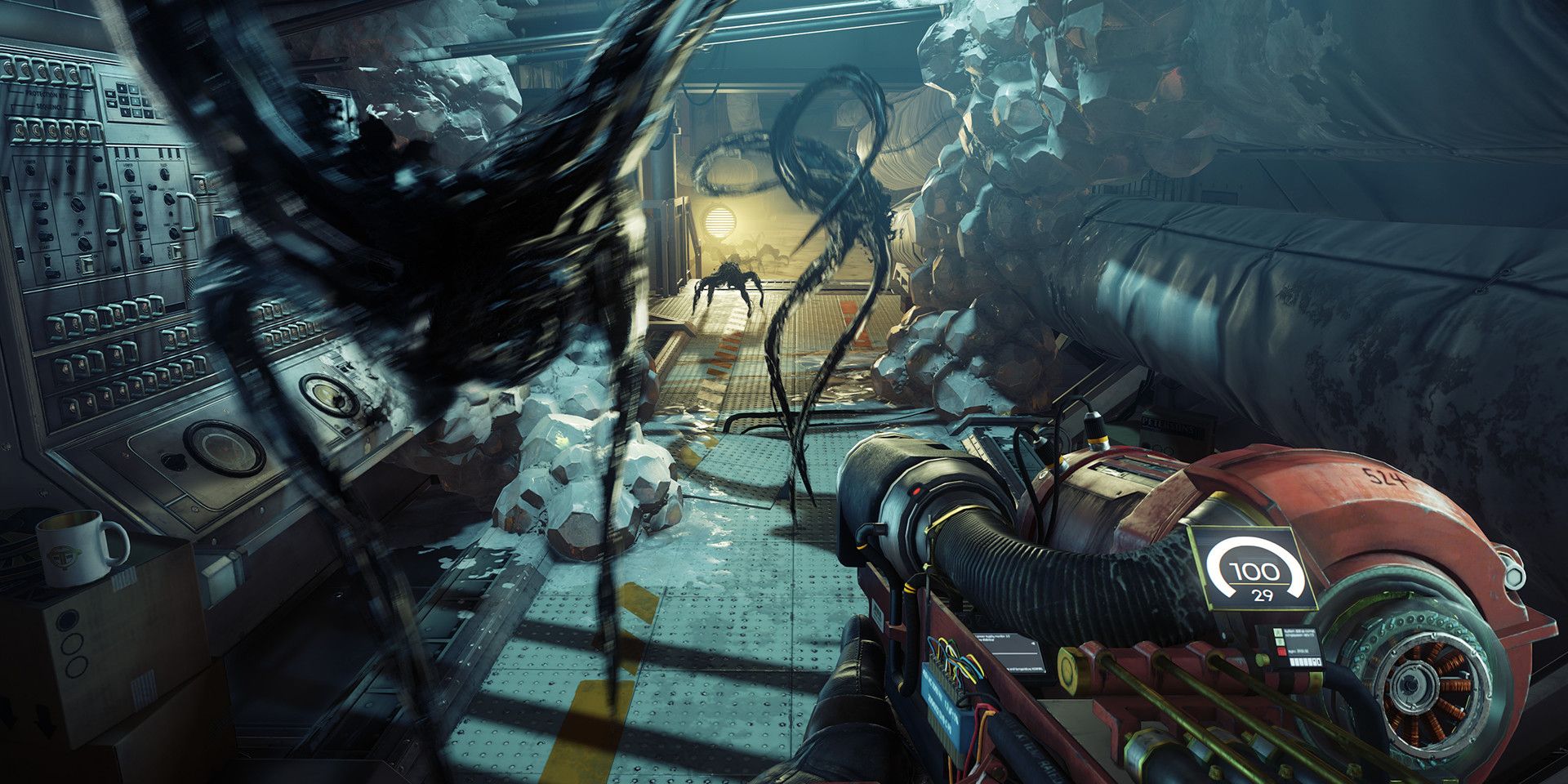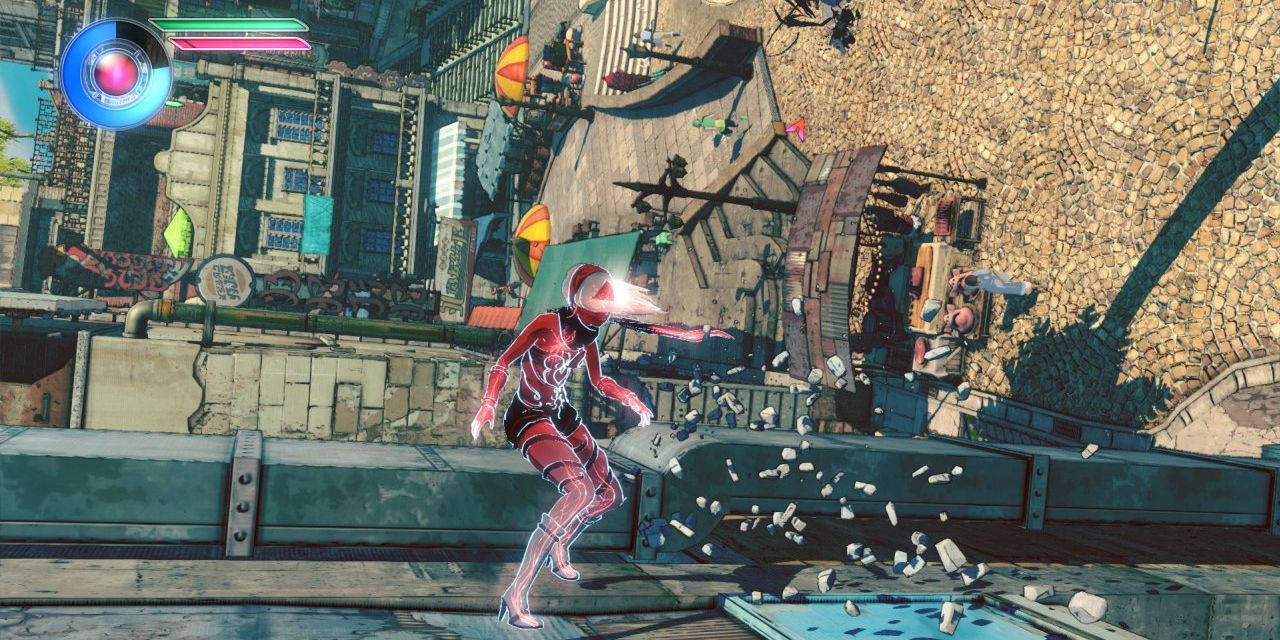It's a tale as old as time: when people like something, they want more. The same certainly rings true in the world of video games. A new game comes around and builds up a dedicated fanbase. Fans then ask for more. Often, developers provide. Other times, a series may go dormant for a period of time. Occasionally, a series will answer the call and make their grand return in the form of a successor or reboot. While this is normally a recipe for success, as the future of the series is typically dependent on its success, there are cases where such a game underwhelms in the sales department.
This can happen for numerous reasons. One such example is that the game failed to capture what made the previous entry/entries so beloved. There could've also been a history of development issues or developer changes. The game could've made a poor first impression. Or simply the game didn't resonate beyond the passionate fan circle.
10 Procrastination Was The Thief Of Time For Sly Cooper
The Sly Cooper series snuck onto the scene in September 2002 and went on to steal the hearts of many. Coupled with Jax & Daxter: The Precursor Legacy and Ratchet & Clank, the early 2000s were a marvelous time to be a fan of cartoony platformers. The stealth platformer, made by Sucker Punch Productions, was followed by two sequels in 2004 and 2005.
The long-rumored Sly Cooper: Thieves in Time was finally released for the PlayStation 3 and PlayStation Vita in 2013 by Sanzaru Games, who previously worked on remastering the series in The Sly Collection. While Thieves in Time received positive reviews, it was met with poor sales. A sequel has yet to be made despite Thieves in Time leaving players on a cliffhanger.
9 Thief Came And Gone Like A Thief In The Night
Sly Cooper wasn't the only thieving series to make its return in the early 2010s. Thief made its return in 2014, ten years after the release of the third game Thief: Deadly Shadows. While this entry in the classic stealth series was originally meant to be Thief 4, the development of the game shifted to where it became a reboot instead.
Thief went on to be met with mixed opinions. The biggest knock against it was its underwhelming map layouts. Whereas previous entries had large, complex maps, Thief had much more restricted and simple maps to the frustration of fans.
8 Tekken Tag Tournament 2 Almost Threw The Series Off A Cliff
You do not have to go far to find someone who considers Tekken Tag Tournament to be one of the greatest fighting games ever created. The classic fighting title brought back nearly every Tekken character and implemented a tag mechanic on top of Tekken 3's gameplay. As the Tekken series grew, so did the desire to revisit Tekken Tag Tournament. Bandai Namco obliged with the release of Tekken Tag Tournament 2 in 2012.
While the game was positively reviewed overall, sales underwhelmed in what might've been a case of poor timing. Tekken Tag Tournament 2 built upon gameplay from the often criticized Tekken 6, released just a few months after Street Fighter X Tekken (which also had a tag mechanic), and released at a time when enthusiasm for Tekken was low. The game's low sales put the possibility of Tekken 7 in danger. Tekken Tag Tournament 2 is often described as the game that nearly killed Tekken.
7 Duke Nukem Should've Stayed Gone Forever
Every game that goes a long development cycle is often compared to Duke Nukem Forever. The game had become the poster child for development hell. The latest in the Duke Nukem series was announced in 1997 and went through numerous delays and developer changes. The game was finally announced, for real this time, in 2009 before releasing in 2011.
The game would go on to be panned critically for being a product of its time, whether it's the gameplay, design, technical issues, or its take on humor. Sales fell far short of Take-Two Interactive's expectations, and a fifth in the series has yet to be announced.
6 Rock Band 4 And Guitar Hero Live Played Their Final Encores
In 2005, Harmonix kicked off a large-scale music craze in gaming when they released Guitar Hero. Guitar Hero allows players to play iconic songs with a guitar-like accessory. After Guitar Hero II, the series shifted to a new developer, leaving Harmonix to develop the rival series Rock Band. Rock Band introduced other instruments, such as a drum set, to its collection of accessories.
With interest in the genre declining, both series briefly went dormant in 2010. In 2015, each series released its final encores in Rock Band 4 and Guitar Hero Live. Mad Catz, the company behind Rock Band's controller instruments, overestimated the sales of the game pre-release and struggled to sell the excess stock. Mad Catz would go on to file for bankruptcy in 2017.
5 Tony Hawk's Pro Skater 5 Was So Confused About What To Do
Few series can represent a childhood like the Tony Hawk series. Debuting in 1999, the series boasted fun arcadey skateboard gameplay coupled with an iconic soundtrack. The series would go on to build a large fandom before the series started to slip downhill in the late 2000s. The series experimented with a skateboard control accessory before mostly going dormant.
Activision's Robomodo attempted to recapture that magic by releasing the long-requested Tony Hawk's Pro Skater 5 in 2015. Meant to kick off the series again, the game was heavily panned in nearly every aspect of the game, except the soundtrack, leaving fans to quickly forget the game ever existed.
4 The Reality of Marvel Vs. Capcom: Infinite Was Often Disappointing
First impressions matter. In the case of Marvel vs Capcom: Infinite, it spelled doom for the game moments after it was fully unveiled. The infamous "Chun-Li face" would quickly become a meme across the gaming community, and even though visuals were updated prior to release, the damage had already been done. It also didn't help the gorgeous team fighter Dragon Ball FighterZ was announced around the same as Marvel vs Capcom: Infinite.
Combined with a low budget, the lack of fan-favorite characters such as those from the X-Men series, and its less than stellar visuals, it was easy to feel like the game was made to cash in on Avengers: Infinity War. Those who were hoping for a true Marvel vs Capcom 4 were left disappointed and wondering if a new game will ever happen. Fan focus has since shifted toward bringing attention to, and revitalizing, the classic Marvel vs Capcom 2.
3 The Direction Rare Took With Banjo-Kazooie 3 Was Nuts
Banjo-Kazooie delighted fans of the young 3D platformer genre in 1999, and its success was met with Banjo-Tooie in 2000. With color characters, catchy tunes, and fun gameplay, fans had long asked for a "Banjo-Threeie." When Microsoft acquired Rare in 2002, many felt the chances of that happening plummeted since the series was known for being a Nintendo series. In 2008, Microsoft and Rare surprised many by announcing Banjo-Kazooie: Nuts & Bolts in 2008.
The game was criticized by fans for centering the gameplay around the building and driving of vehicles, which many felt took away from the spirit of the original games. While the series has returned to dormancy, the title characters did make their return to Nintendo with an appearance in Super Smash Bros. Ultimate.
2 Not Enough People Hunted Down Copies Of Prey
Similar to Duke Nukem Forever, the original Prey was faced many delays and revisions. And similarly, the game was taken on by Take-Two and released in 2006. The first-person shooter takes players to outer space as they use their abilities and weapons to fight for survival. The game was well-received, and a commercial success, which led fans to wonder when a sequel will happen.
After the cancellation of Prey 2, the rights were sold to Bethesda Softworks who would develop a reboot to Prey. Other than its name and the outer space setting, Bethesda's reboot had little in common with the original, which disappointed fans of the original. Between that, and Bethesda's new review policy, sales would ultimately disappoint.
1 Gravity Rush 2's Sales Were Too Grounded
Sony's launch of the PlayStation Vita was anchored by two stellar launch titles, Uncharted: Golden Abyss and Gravity Rush. Gravity Rush tells the story of Kat, a mysterious amnesiac girl with powers to manipulate gravity, which allows her to fall in any direction. Kat seeks to use her powers to help the world around her from the diabolical force known as the Nevi.
Gravity Rush 2, a sequel many fans didn't believe would actually happen, was released in 2017 and was met with high marks for how well the series' gameplay transitioned to the PlayStation 4. However, sales of the game underwhelmed, leaving a third game unlikely. Beyond the game's perception-altering gameplay not resonating with the larger gaming base, the game was overshadowed by the highly anticipated Resident Evil VII: Biohazard as well as Nintendo's big Switch launch lineup unveiling.

